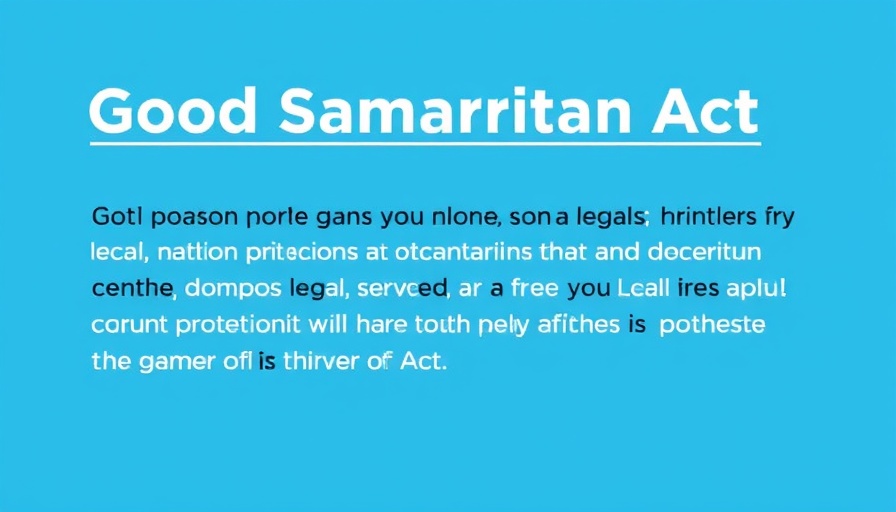
Revolutionizing Food Waste Management in Philadelphia
In an innovative step towards sustainability, Philadelphia's food businesses are embracing a new tool designed to help them efficiently redirect surplus food away from landfills. Circular Philadelphia, in collaboration with the city’s Department of Public Health, has introduced a Food Recovery guide aimed at streamlining the process of food donation and reuse. This visual guide is highly beneficial for busy restaurants, providing them clarity in a time-sensitive environment.
A Practical Flow Chart for Quick Decisions
Understanding the urgency of food decay, the guide is designed like a flow chart, with a clear progression from edible, but less visually appealing, produce at the top, down to inedible items at the bottom. "One common thing that we were hearing from people in the service industry is that it’s always our intent to recover food, but we don’t always know where to go with it, and we have limited time,” noted Ash Tryba, Communications and Outreach Coordinator at Circular. This guide promotes quick decision-making to ensure that edible food is rehomed before it results in waste.
Impact of Food Waste on the Environment
Food waste is a critical issue globally, contributing approximately 10% to total greenhouse gas emissions. With around 1.05 billion tons of food wasted annually, the question arises: how can we transform this waste into nourishment for those in need? In Philadelphia, where 17.6% of residents face food insecurity, the implications of this guide stretch beyond environmental concerns to touch on social justice issues.
Connecting Food Recovery with Community Well-Being
Circular's efforts extend to incorporating the Good Samaritan Act in its initiative, which protects food donors from liability. This act empowers businesses to contribute to food recovery without fear, expanding access to nutritious food for those experiencing hunger. “Food is about more than just food; it’s connected to our mental, emotional, and cultural well-being,” Tryba emphasizes, highlighting the pathway food recovery initiatives can create toward enhancing community health.
Reducing Environmental Justice Issues
By fostering food recovery, Philadelphia is also addressing environmental justice. The city's waste management practices, including the operation of Covanta, the nation's largest trash incinerator, have disproportionately impacted communities of color. Diverting food waste from landfills can lead to improved public health in these communities, where high rates of respiratory illnesses have been reported. Circular’s mission, including their new sustainability search tool, ResourcePhilly, emphasizes reducing waste across the board.
The Future of Food Sustainability
As more businesses join this movement toward sustainable practices, it is crucial for Philadelphia to continue supporting such initiatives. The Food Recovery guide serves as a living framework that can evolve with the community's needs, ultimately aiming for a future where food waste is minimized, and food security is prioritized.
This tool is not just a local solution; it reflects a global necessity to rethink how we manage food resources. Through effective food recovery, we can nourish our communities while preserving our planet.
 Add Row
Add Row  Add
Add 




Write A Comment